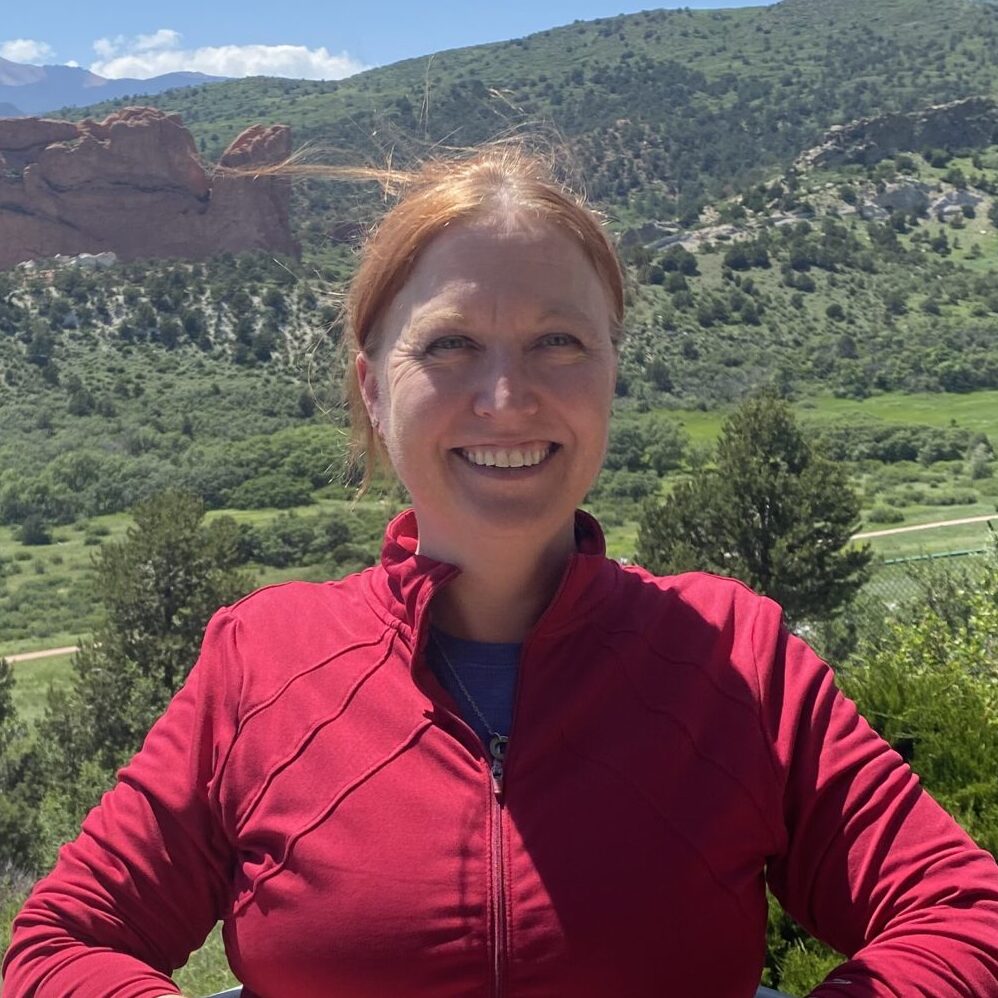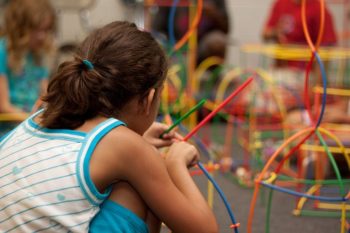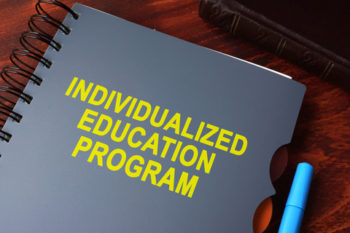 Understanding Parent Participation in Special Education
Understanding Parent Participation in Special Education
As part of this series, I wrote about the special education law IDEA. One of the key principles of IDEA is “parent participation.” Parent participation, as outlined in IDEA, refers to the active involvement of parents of children with disabilities in the special education process. The law recognizes that parents are essential partners in their child’s education and aims to ensure that they have a meaningful role in decision-making and planning for their child’s education. Here are some key aspects of parent participation under IDEA: [Read more…]

Alison Whiteley has been a special education teacher for over 15 years, spending most of her time working with elementary students and families. After graduating from the University of Colorado with a Bachelor of Arts in Special Education and Psychology, she continued her education with a Masters in Reading from Walden University. In addition, she has achieved endorsements supporting Early Childhood Special Education and Diverse Learners which she uses to help identify needs across all learners.
Ms. Whiteley is trained in Wilson Reading System and Yoshimoto Orton-Gillingham. She believes all students can learn to read and be successful. She has served as a Special Education Coach and Mentor to fellow specialists and teachers, facilitated the creation of her elementary school’s Response to Intervention/Multi-Tiered Systems of Support (RTI/MTSS) process and helped parents through the Special Education process as IEP Coach for parents. In 2013 she completed the National Boards of Professional Teaching in Exceptional Needs with recertification in 2022. Her areas of expertise involve working with students with learning disabilities, supporting stakeholders moving through the special education process, and helping parents and teachers understand what they can do to support struggling learners in the public school settings.
She is a founding member of the Colorado Reading League and a member of the International Dyslexia Association in Colorado. Alison has two greyhounds and two nephews who keep her busy outside of school. She is the CEO of Toad-ally Exceptional Learners at http://www.toad-allyexceptionallearners.com. Alison is a valuable source of information to support teachers and parents, although she is not a lawyer and does not give legal advice. Her services support families through the IEP process and how they can be an equal member of the team through positive interactions. She focuses on collaboration and using tools to take IEPs to the new level of helping students achieve.
 Nurturing Your Children’s Passions
Nurturing Your Children’s Passions 
 What Are Your Special Education Rights?
What Are Your Special Education Rights?
 Parent Roles on School Committees
Parent Roles on School Committees